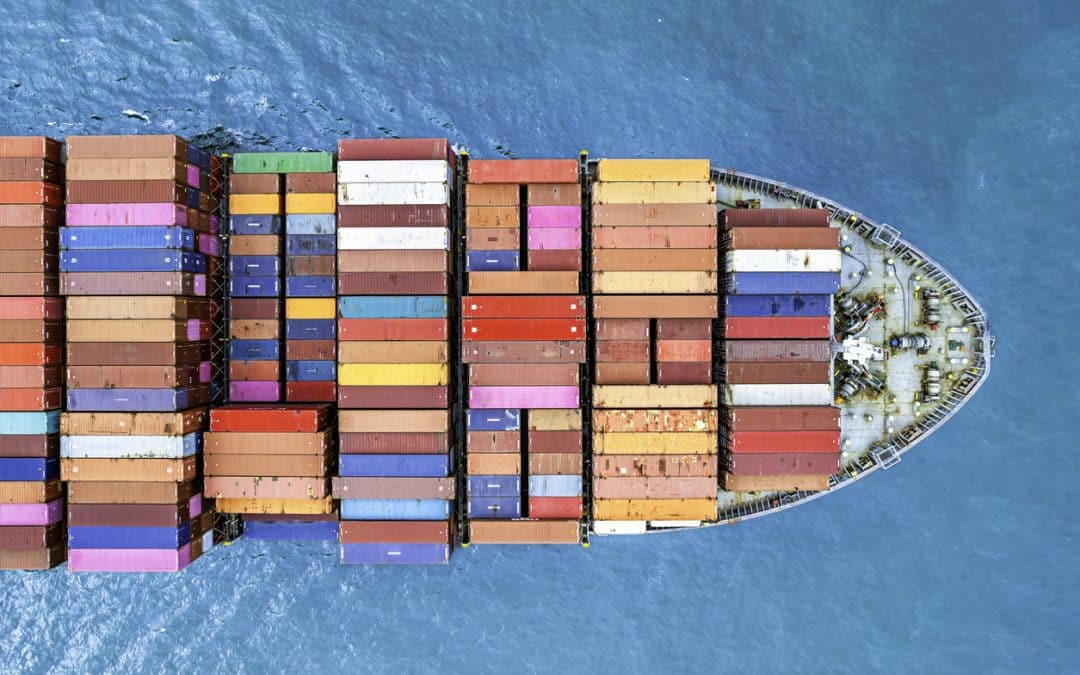Early this month, China officially acceded to the Convention of 5 October 1961 Abolishing the Requirement of Legalisation for Foreign Public Documents (the “Apostille Convention”). It will be implemented in China in early November 2023.
Understanding the Apostille Convention
The Apostille Convention is an international treaty designed to simplify the process of authenticating official documents for use across international borders. Established in 1961, it has since been adopted by over 100 countries worldwide.
Under the Apostille Convention, member countries agree to recognize and accept each other’s public documents (e.g., court documents, marriage certificates, birth certificates, notarized documents, etc.) without the need for additional consular authentication or legalization.
Instead, a single authentication called an “apostille” is issued by the competent authority in the country where the document was issued. The apostille certifies the authenticity of the signature, the capacity in which the person signing the document has acted, and, if applicable, the identity of the seal or stamp on the document.
Read the Full Text of the Convention in English
Benefits of Joining the Apostille Convention
-
Reducing the Time and Economic Costs
Before the Convention, documents intended for use in foreign countries had to go through a lengthy and costly authentication process through diplomatic channels.
For example, for using foreign documents in China for administrative tasks such as visa applications or business establishment, the documents must initially be notarized and authenticated by local authorities, followed by additional authentication from the Chinese embassy or consulate in the issuing country. This process is both expensive and time-consuming for the applicant.
According to Ministry of Foreign Affairs’ press meeting,after joining the Convention, the time to process a document for use abroad can be reduced from about 20 working days to just a few working days, and the cost will also be significantly reduced. This can save more than 300 million RMB in certification fees for Chinese and foreign individuals and enterprises each year. The average time for processing document circulation procedures between contracting countries is reduced by approximately 90%.
-
Improving the Business Environment
After joining the Convention, 70 percent of commercial documents required for import and export with China will be covered by the Apostille Convention and therefore no longer require consular certification. The ease of document authentication will facilitate the exchange of goods and services, fostering greater economic growth and cooperation between China and other member countries.
What’s the Next
China’s accession to the 1961 Apostille Convention marks an important milestone for international businesses and investors. Foreign companies looking to invest in China or Chinese companies seeking overseas investment opportunities can expect a more efficient and effective business environment.
Integra Group will continue to follow up on the latest developments of this matter and will introduce the practical procedures in due course. Please feel free to contact us if you require any additional assistance.







